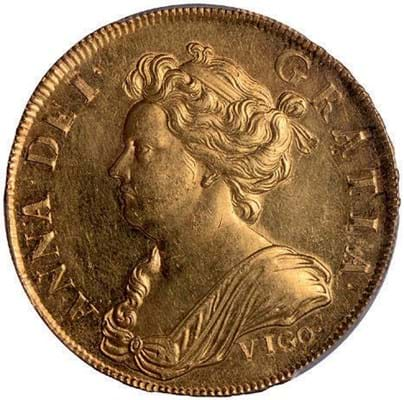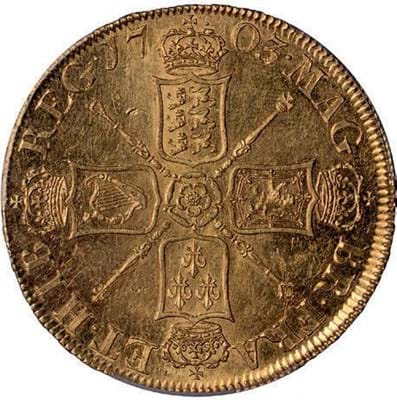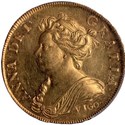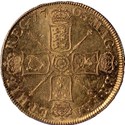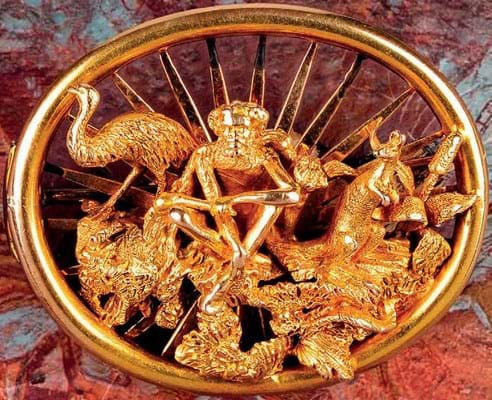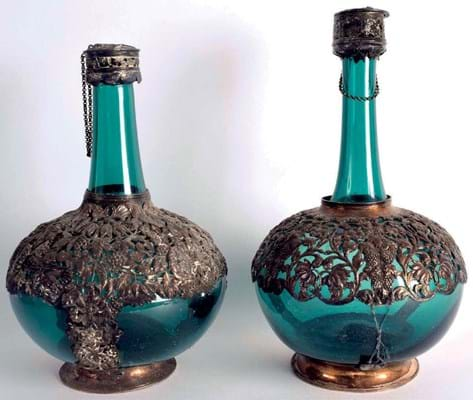Brexit red tape
The failure to ‘get Brexit done’ was the background music for 2019. The uncertainty it created was one reason the British middle class was not spending as many dealers would have liked.
As early as January there were indications of some of the red tape that dislocation from the EU might entail for the trade as the Department for Environment, Food and Rural Affairs (DEFRA) warned of changes to the transit of CITES-listed items.
In the event of a no-deal Brexit, “CITES-listed animals and plants would require permits to travel between the UK and the EU, and would only be able to travel through certain ports”. That meant no Dover and no Eurotunnel.
However, in France the talk was of the advantages the UK art market might enjoy once freed ‘from certain devices carried by the European Union’. Members of the French umbrella trade federation Conseil National du Marché de l’Art (CNMA) published an open letter to President Emmanuel Macron and the French government calling for changes to stop France’s art market losing out.
First chance to Connect
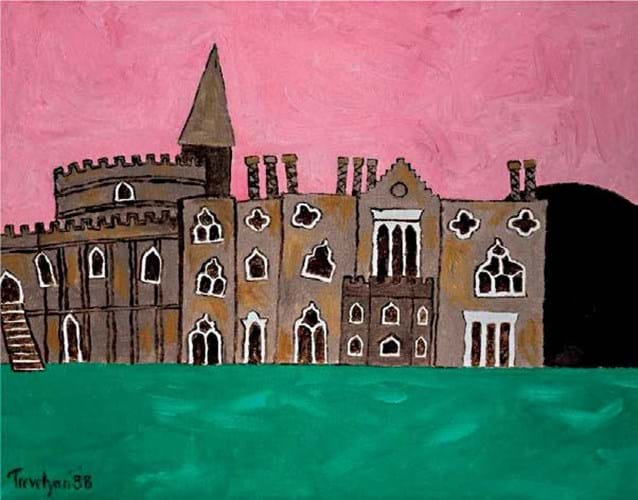
Julian Trevelyan’s final oil painting, depicting Strawberry Hill , sold in the first hours of the inaugural staging of Connect – The Independent Art Fair on January 29.
Julian Trevelyan’s (1910-88) final oil painting, depicting Strawberry Hill against a pink sky (above), sold in the first hours of the inaugural staging of Connect – The Independent Art Fair at London’s Mall Galleries on January 29. Offered by fair co-organiser James Manning for £13,700, it sold to a private UK collector.
The central London fair, organised entirely by dealers and catering to those offering vetted art at ‘sensible’ prices from around £500-20,000, returns to the venue twice in 2020 with a summer edition (June 25-28) following the winter staging (January 30-February 2).
ARR conclusion in France
A 10-year-long legal tussle to decide who should pay the Artist’s Resale Right in France came to a conclusion this month. Unlike in the UK, where buyers are typically charged ARR rather than sellers, in France Droit de Suite (as it is known) is traditionally applied to the vendor. According to the wording of the French law, the charge should be made to the seller ‘without exception’.
To recap, Christie’s had challenged this convention in 2009 at the landmark Yves Saint Laurent sale in Paris, sparking a long-running legal case brought by the Comité Professionnel des Galeries d’Art (CPGA) and Syndicat National des Antiquaires (SNA).
The January ruling by the Supreme Court in Paris meant that the levy could now be transferred to buyers. Within days Sotheby’s Paris was charging buyers and Christie’s (who had reverted to the old reading of the law in 2010) was quick to follow suit.
Biblio sponsors Firsts
Important they may be, but fair sponsors rarely make headlines. However, the Antiquarian Booksellers’ Association did make a few waves with the announcement that it had signed up US online marketplace Biblio as chief sponsor of Firsts, its flagship Battersea fair in June – at the expense of former patron AbeBooks.
Rare booksellers had chosen to boycott Amazon-owned AbeBooks for a day in 2018 to protest at its decision to withdraw from several countries. “The official partner of Firsts is not just about financial support, it’s having a company that fits with a fair representing independent booksellers,” fair chairman Pom Harrington told ATG.
Five-guinea pieces made from the Vigo treasure are sub-divided into three different die types: in this one the word Vigo is positioned close to the queen’s shoulder.

